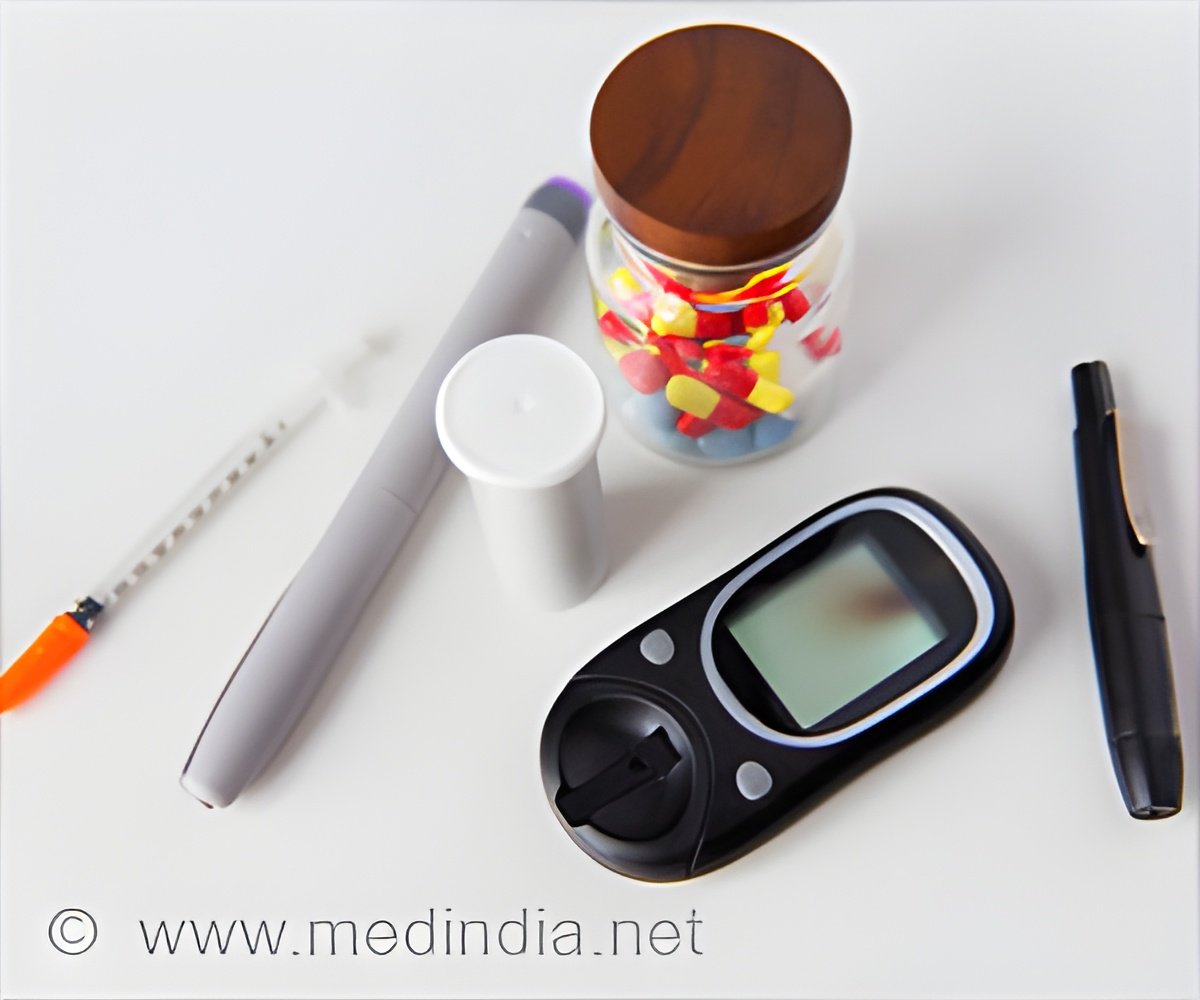
‘Holidays can disrupt drug routines of kids with diabetes. Hence, targeted reminders and additional strategies are needed to improve drug adherence during these less structured periods.’
Read More..Tweet it Now
"The research shows that children with type 1 diabetes (T1D) find it especially difficult to take their metformin tablets in addition to insulin during school holidays," says Dr. Alexia Peña, Senior Lecturer from The University of Adelaide's Robinson Research Institute and Paediatric Endocrinologist at the Women's and Children's Hospital.Read More..
"Chronic non-communicable diseases, including T1D, are increasingly prevalent in childhood and treatment is becoming more complex with combination therapies being common to manage the disease and associated conditions.
The 12-month study involving 90 children from Adelaide aged 8-18 years, used data gathered from electronic dose monitoring devices, which provided a reliable continuous dosing history by recording the date and time a child accesses their medications. This data was supported by tablet counting.
"There was approximately a 20% reduction in treatment adherence during school holidays, weekends and public holidays in children with T1D," says Dr. Peña.
"As school holidays and weekends account for 25% and 30%, respectively, of a calendar year in Australia, the impact of non-adherence to medical treatment in childhood has serious consequences for an individual's health and substantially increases demand and expenditure on health systems.
Advertisement
"Clinicians should be aware of adherence issues during holidays and weekends. Targeted reminders and additional strategies are necessary to improve adherence during these less structured periods for school children and their families. These will ensure benefit from their treatment, especially in children with chronic conditions.
Advertisement
"This is the first study of children with T1D. Similar challenges of adhering to drug therapies were found in a study of children with cystic fibrosis, which suggests that these problems may extend to other chronic diseases," says Dr. Peña.
Source-Eurekalert















